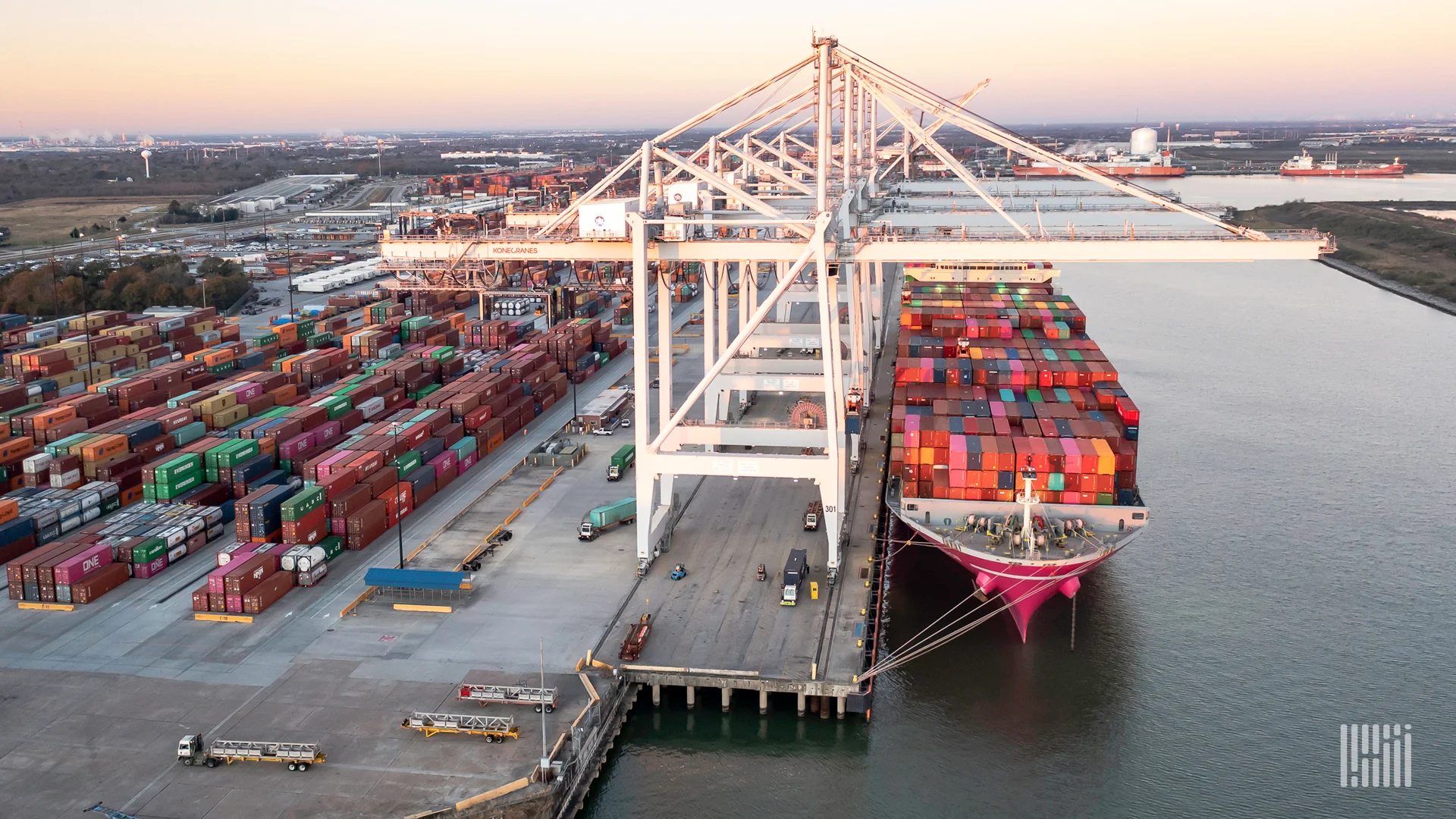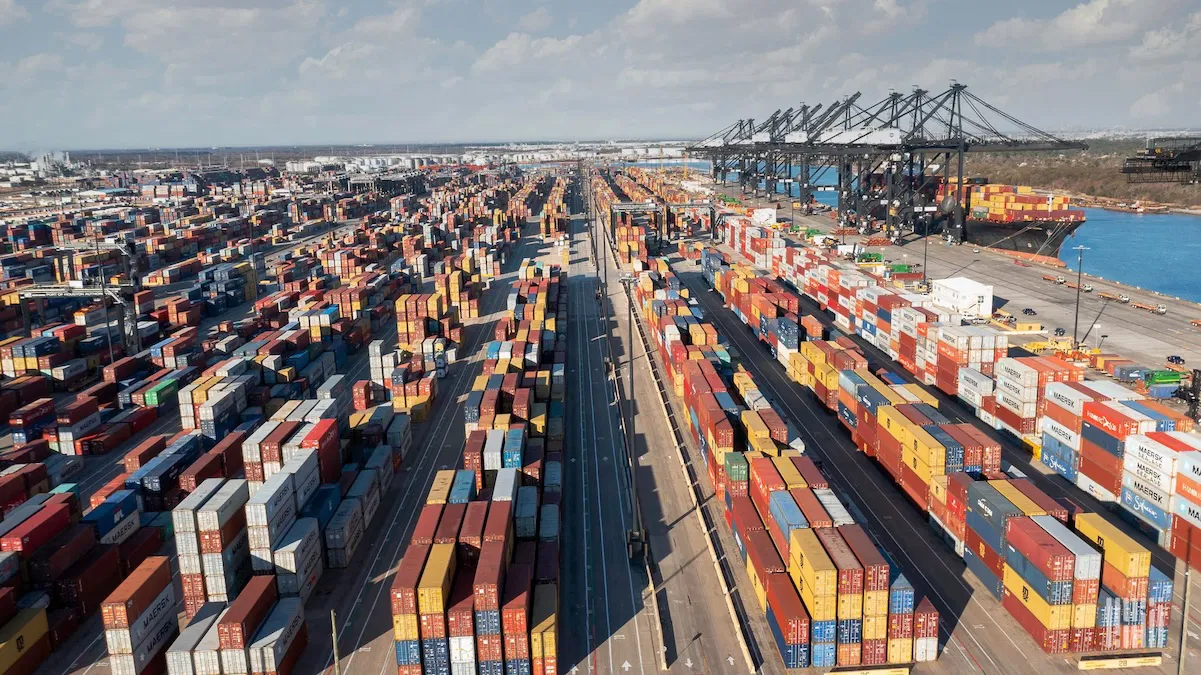Thousands of Dockworkers Set to Strike on Tuesday
Tens of thousands of dockworkers at East and Gulf Coast ports have confirmed their intention to walk off the job when their current contract with port employers expires at 12:01 a.m. on Tuesday.
In a statement released on Sunday, the International Longshoremen’s Association (ILA) reiterated plans to establish picket lines on October 1 at ports stretching from Maine to Texas, directly impacting 25,000 workers involved in container and roll-on/roll-off services.
The union accused the United States Maritime Alliance (USMX), which represents terminal operators and ocean carriers, of neglecting to address decades of wage stagnation, stating that while the profits of ocean carriers have surged from millions to multi-billions, ILA wages have remained unchanged.
The ILA is reportedly seeking a pay increase of as much as 70% over the proposed six-year contract, while the International Longshore and Warehouse Union (ILWU) representing West Coast dockworkers secured wage raises of about 32% in 2023.
A strike would significantly disrupt operations at ports that facilitate $92 billion, or two-thirds of U.S. trade, halting container processing at the Port of New York-New Jersey, the nation’s second-busiest container port, as well as impacting car and truck imports into Baltimore, a principal gateway for vehicle imports.
The USMX has not yet responded to requests for comment.
President Joe Biden, who has sought support from unions ahead of the upcoming general election, indicated that he would not prevent a strike. Although the Taft-Hartley Act allows the president to intervene and declare a cooling-off period during negotiations, the White House has stated that there are currently no plans to compel longshore workers to return to their jobs.
Over the summer, manufacturers and shippers increased their imports in preparation for the end-of-year retail season to mitigate the potential impact of a strike and the global congestion exacerbated by rebel activities affecting shipping through the Red Sea. As a result, U.S. ports experienced early peak traffic, and industry experts believe a short strike may have a limited immediate impact. However, sectors like produce importers and others reliant on lean inventories and just-in-time deliveries could face significant challenges early on.





